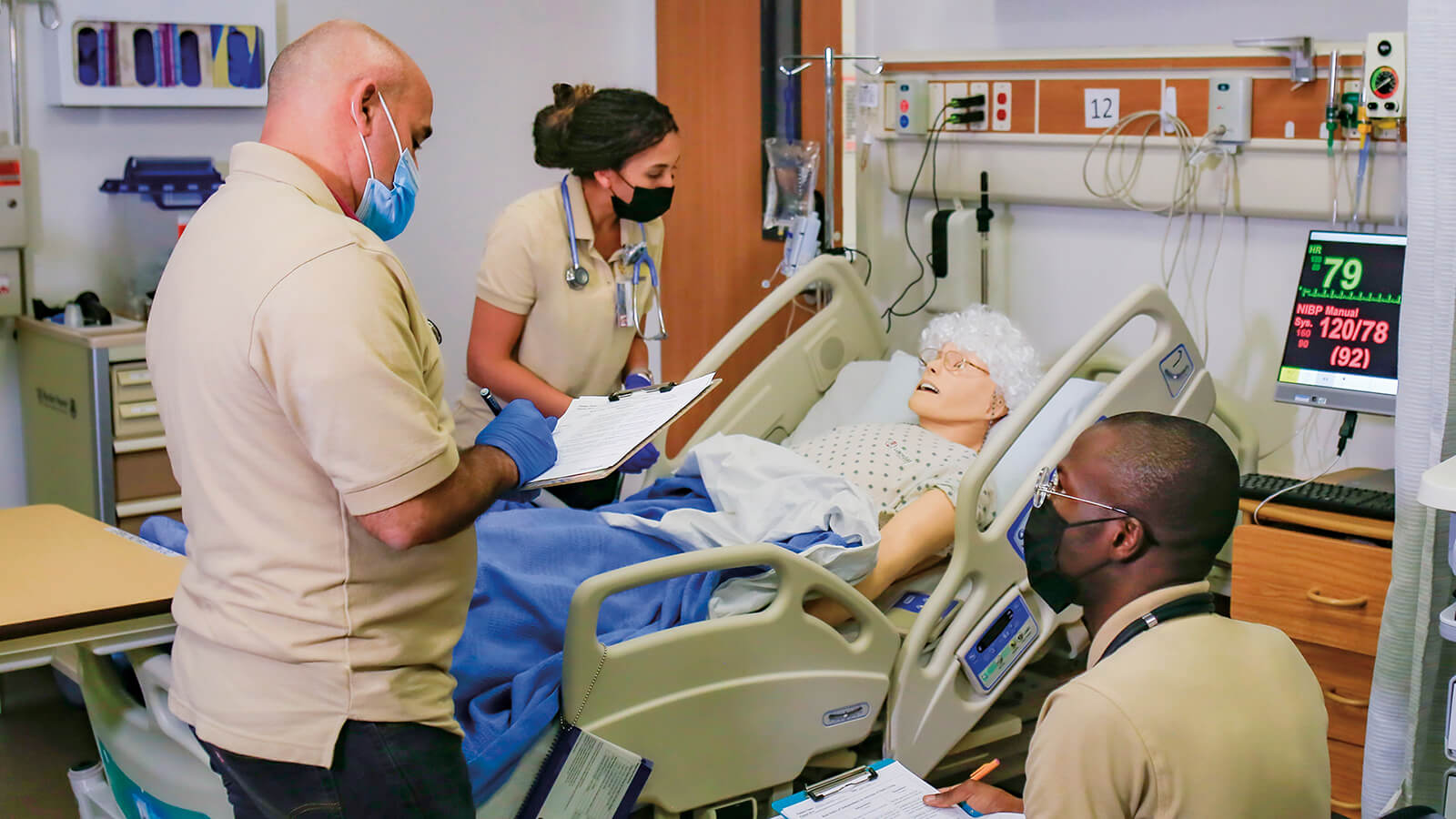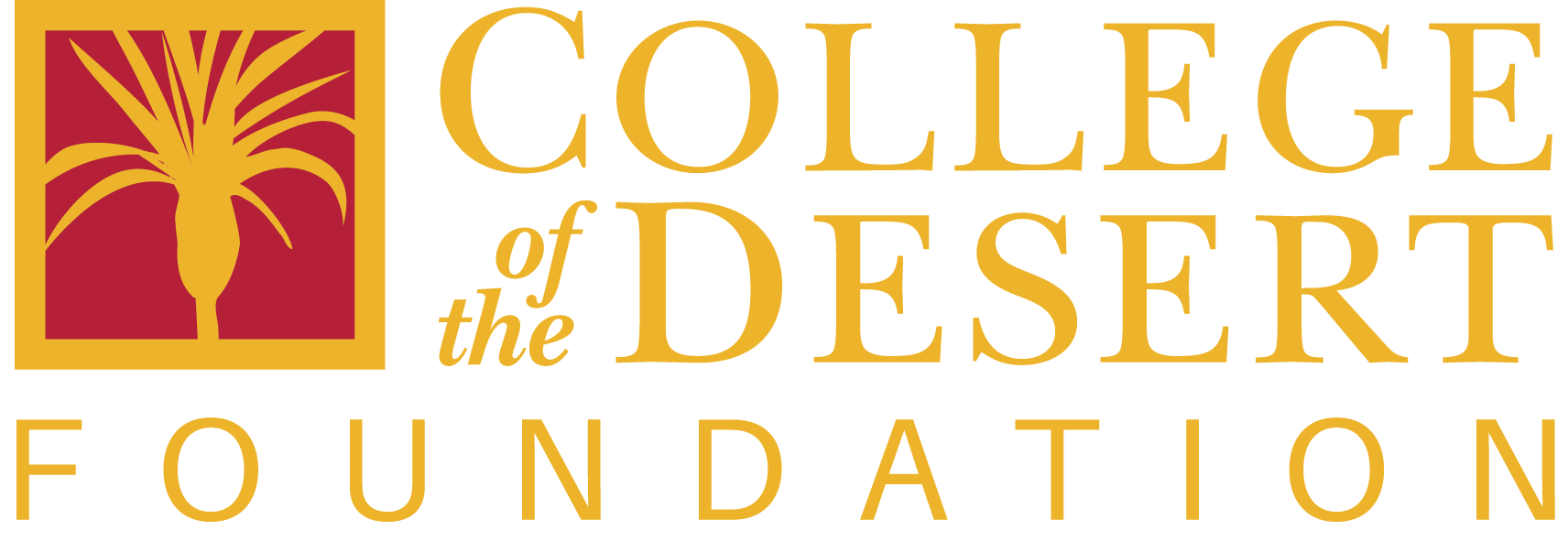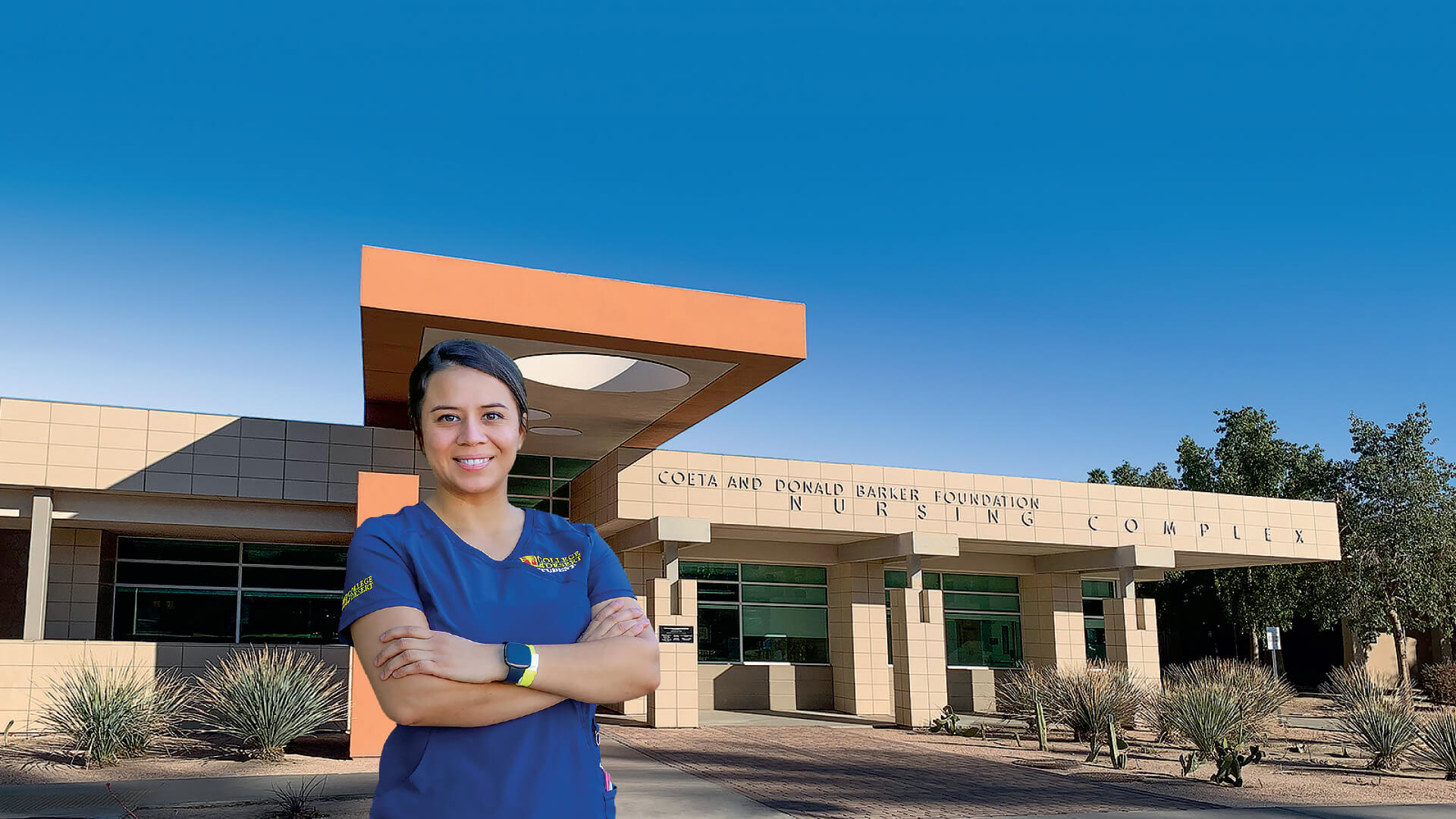COD’s Nurses Are Ready for Any Emergency
Nursing program’s fast-paced Simulation Lab is designed to prep nurses for care under Pressure. Hands-on opportunities create decision-makers ready for any situation. Grads will use their critical thinking and clinical judgment while caring for patients – from how to speak to a physician, engage in conflict resolution or handle a distraught family member.
Future Nurses Arrive Ready for Any Emergency
In a region renowned for its hospitals and staffs, the education of future nurses is paramount to the community’s overall well-being. COD educates the next generation of qualified nurses to take on the job, not only with a heart for serving others but with the meticulously honed technical skills necessary to deliver consistent quality care.
As the challenging field of healthcare is expected to remain the fastest-growing industry throughout the next decade, healthcare careers provide stable income paired with the opportunity to help humankind. The long-standing program educates students for beginning staff nurse positions while fostering a commitment to lifelong learning and professional development. Students choose from four paths of study: Registered Nursing, Vocational Nursing, Certified Nurse Assistant or Home Health Aide.

“One-hundred percent of our part-time clinical instructors also work at the bedside. So they’re battling the pandemic with patients then taking students in to do the same thing,” shares Sarah Fry, MSN, RN, PHN, Director of Nursing and Allied Health at COD. In the ever-changing times since she joined the college in 2012, the introduction of a high-tech Simulation Lab, led by full-time certified instructor, Mary Suarez, “is the best and most influential improvement we’ve made,” she says.
“Not only has it allowed us to increase our admissions, but it has also improved learning. We can present hands-on opportunities for students to be the decision-makers. Dropped into any number of potential situations they will face, they use their critical thinking and clinical judgment while caring for patients at the bedside. From how to speak to a physician, engage in conflict resolution or handle a distraught family member, it hits every part of nursing.”
Students practice on manikins, some of which – like a baby and a birthing mother – are high-fidelity and offer computerized feedback. Peers observe each Sim Lab, collaborating on their plan for that patient when it’s their turn. To further amplify these powerful role-play scenarios, simulations are recorded and reviewed so students can assess strengths and weaknesses. “It allows them to evaluate where they are and set individual goals,” notes Fry.
Students have flourished with simulations thanks to encouragement from Suarez. This safe but realistic environment readies students to enter our workforce. The Skills Lab mimics a hospital environment to nurture a smooth transition to on-the-job healthcare.
“I am constantly in awe of how generous our community members are,” praises Fry. “Our program is largely donor-funded by philanthropists like the Auen Foundation, Coeta and Donald Barker Foundation, Desert Healthcare District and countless others who understand the critical need for nursing graduates.”
Lauded for its lifelike simulation room that Fry would also love to expand into two spaces, the program has been legendary for more than 50 years. Since 1968, over 3,000 nurses have graduated, many of whom are employed at local hospitals.
As Fry well knows, “When a hospital gets new IV pumps, it’s time for us to get new IV pumps so students are adept with the latest advancements.” Beyond essential equipment, Fry envisions an interdisciplinary simulation center with the National League of Nursing where day-long “mass simulations” integrate future nurses with EMT, paramedic, fire, police, even journalists and theater students acting in multi-department disaster situations, all on the Palm Desert campus.
“For current students, Eisenhower has remained a true and steadfast partner. They hire the majority of our new grads,” says Fry. Of the 2020/21 graduates, 97.5% are employed in nursing. Male enrollment in the RN program is 20%, and 42% of nursing students are first-generation college graduates. Graduates see 110% improvement in their income, earning an average entry-level salary of $71,000.
What’s more, their emotional sensibility and tremendous skillset augment a desire to care for those of all ages, cultures, races, backgrounds and conditions of health and wellness. They leave the program ready to serve our Valley for decades to come.
To support the vitality of the Nursing Program, please email Catherine Abbott, Executive Director at cabbott@collegeofthedesert.edu.
WISH LIST for Nursing Program
200 Students serviced in Fall 2022
- Tuition for 4 Terms | $1,633 per student
- Student Fees and Malpractice Insurance | $232 per student
- Nursing Skills Kit | $400 per student
- Uniforms | $300 per student
- Textbooks | $1,240 per student
- Background Check, Drug Screen. Livescan and ID Badge | $195 per student
- Nursing ID Badge | $10 per student
- Health Records & Vaccinations | $530 per student
- NCLEX Application | $350 per student
- NCLEX Exam | $200 per student




